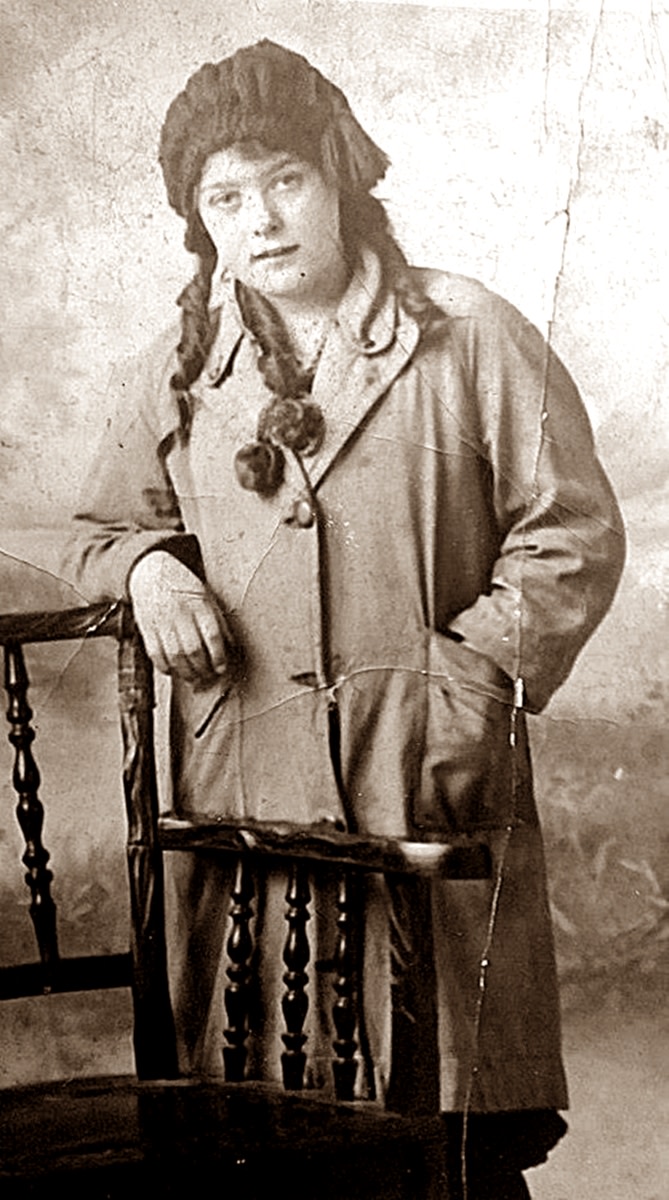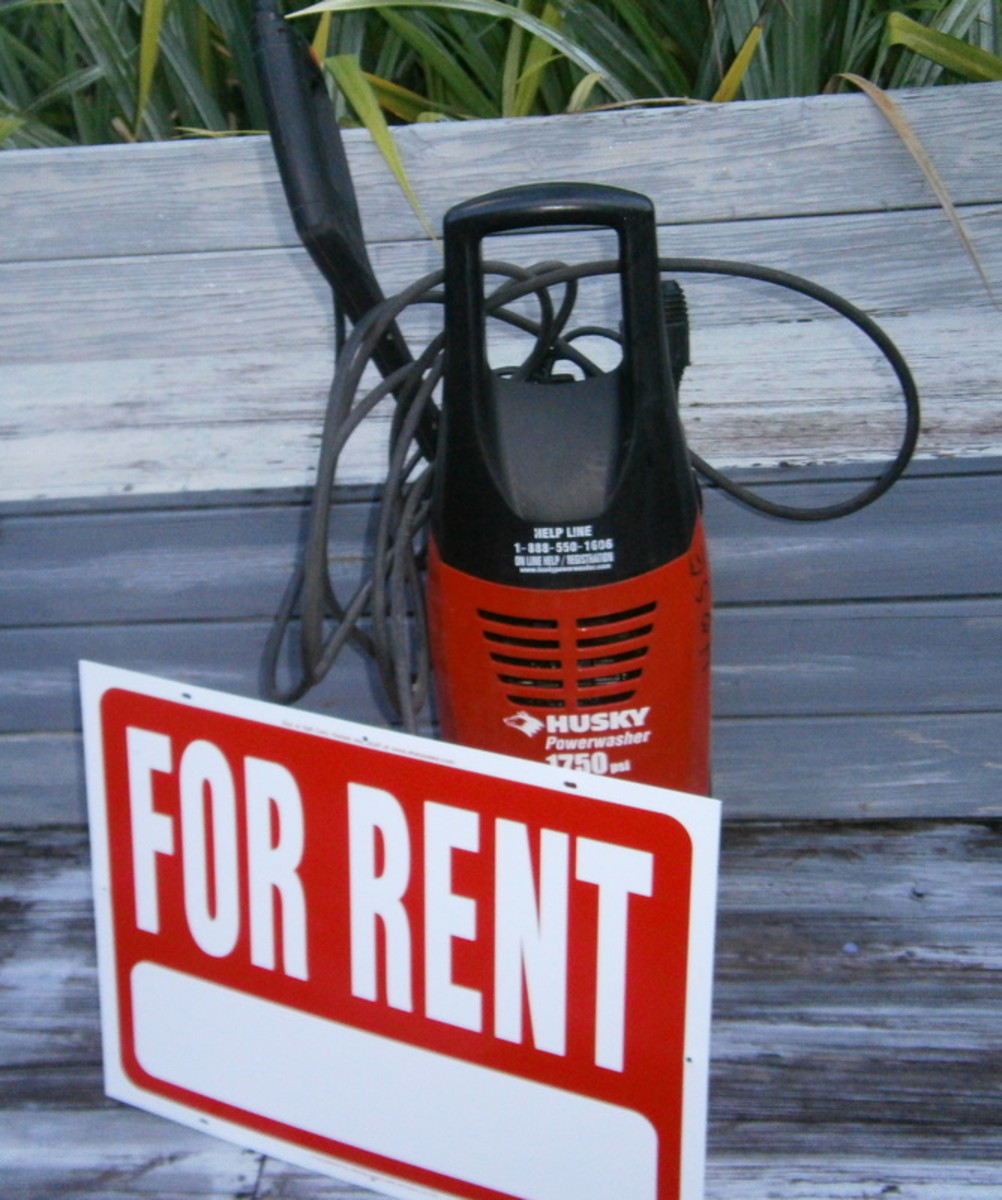- HubPages»
- Personal Finance»
- Income & Making Money»
- Making Extra Money Through Odd Jobs
A Good First Job For A Kid
A Good First Job For A Kid
My first real job, other than mowing lawns and raking leaves for neighbors, was baling hay. In today's over-protective world, not many parents would think that baling hay was a good job for anyone, let alone a high school kid. I was probably a freshman or sophomore then.
Baling, back in those days, was hot, dirty and exhausting work. It was also fairly dangerous, though we didn't think about that much.
In those days, a lot of farmers didn't bother hiring labor in any official fashion, no taxes were paid, no forms filled out, and the pay was in cash. The first farmer I worked for was my nearest neighbor to the north, a sweet older widow. The guys liked working for her because she paid in cash at the end of each day. In one dollar bills. I believe we got $3.00/hour. It may have been as much as $3.50. I remember clearly when I was first offered $4.00, so it must have been less than that. This would have been in the 1970s.
We also liked her because she worried constantly about how hard we were working, and was always insisting we drink the fresh lemonade and tea she brought around, and eat her cookies. She made us take regular breaks too. She liked to hire a gang of boys, so there were usually five or six teenage boys all there working at the same time. It was a lot of fun, sometimes. Good guys.
At her farm the hay bales were always bound loosely, because she didn't want us to work too hard stacking them. That had advantages and disadvantages. The advantage was clear, a loose bale weighs a lot less than a tight one. We could throw those bales around all day long, and stack them way over our heads.
The disadvantage was that the twine used to hold the bales together would sometimes slip off, the bale would fall apart, and we would have to clean it up. It also meant we were coated with loose hay chaff and dust. By the end of a day's work we were coated with a thick slime of sweat and dust.
Baling in the field was hard work, and hot out in the sun, sometimes up to 90 degrees. The baling machine kicked up a lot of dust, so when the wind was wrong it was thoroughly unpleasant work. If the wind was right and the weather cool, it was fun, working together with a gang of teenage guys, bucking the bales and stacking them six high in the wagon.
The field work could be fun, the haymow work hardly ever. If it was hot in the field, it was boiling in the haymow, right up under the metal roof of the barn, and with no breeze to blow away the constant, chocking dust. In those days no one wore a dust mask, so we breathed all of that dust for hours on end. But the hay had to be put away in the barn, and someone had to do it. These days most farmers use those big round balers, a great advancement for humanity, in my opinion. Though I guess kids have to find other jobs now.
My second hay baling job was with my neighbor to the west, an ambitious dairyman who had cows on three separate farms. He never had enough haymow space for all the hay he needed for his large herds, so we crammed bales into every spare building he had on all three farms. That meant we had to stack the hay as high and tight up to the roof as we could get it. It also meant that he couldn't use the light, loose bales that my first employer did. No. Her bales might have been 40 pounds each. His were more like 70.
So we had to stack the bales higher, and they were heavier to boot. One kid I worked with, three years younger than the rest of us, did fine at the first place, but lasted only a day at the second. I didn't blame him. He was a strong kid, but still smaller than the rest of us. That job was hell, but the farmer did pay more per hour. Maybe 25 or 50 cents more. Quite a lot, to us.
The hay wasn't nearly as dusty, because the bales were so tight, but there were other problems. The bales were so tight and heavy that the baling twine would often snap, exploding the bale all over the hay rack or in the hay mow. Another mess, and we would have to stop work to clean it up and run it through the baling machine again.
Hay is valuable stuff. Back then one bale sold for maybe 75 cents a bale. Now of course it is a lot more. A cow might eat 25 pounds of food a day, so that means a bale ever two days or so. Imagine one hundred cows, 50 bales a day times 365 days per year. That is a lot of time, money and labor.
I baled for a number of farmers over my high school and college years. It was a good job for a kid. I was a competitive runner, and all that hard work in the heat really paid off during races. I don't suppose the dust was a good thing, but didn't notice it then. I could run endlessly in the midday heat of summer and hardly notice it. My body was used to it, and running was a lot easier work than baling! After a day spent baling I would head home, strip down to shorts and tee, and go run six, seven or ten miles. Wish I were half that tough now! I ran a marathon that summer, in 90 degree heat. Broke three hours, just barely. I think my job had a lot to do with that.
What do kids consider a good job these days? I wonder. My daughter is planning to work this summer, at another of the traditional country kid jobs, one I never did. De-tasseling corn for the big seed-corn company near here. I hear it is hot, dirty and tough work, out in the summer sun. She runs cross country. :--)








